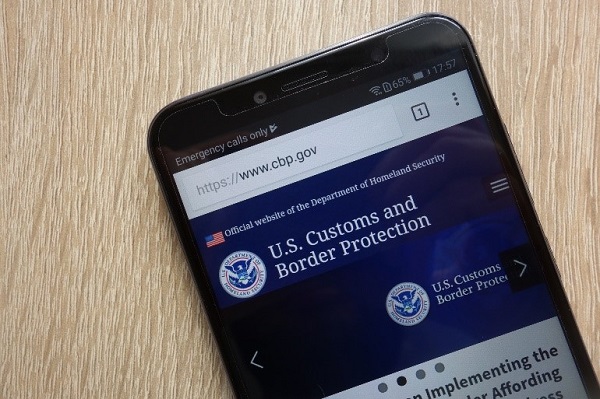
6165 Barfield Road
Atlanta GA, 30328
United States
Tel: +1 (770)688-1206
Fax: +1 (770)688-1229

CBP has released the UFLPA Operation Guidance for Importers. This document details the enforcement of the Uyghur Forced Labor Prevention Act and has operational guidance and best practices for importers to comply with the act, which went into effect on June 21, 2022. The guidance has step-by-step instructions on how to submit a request for exception to the rebuttable presumption, which prohibits importation of any “goods, wares, articles, and merchandise mined, produced, or manufactured wholly or in part in any foreign country by convict labor or/and forced labor or/and indentured labor under penal sanctions.” The guidance also includes an extensive list of resources for importers to use when doing their due diligence and maintaining the security of their supply chain, which CBP recommends all importers do as this act takes effect.

A multinational organization based in Bangkok, Thailand, has agreed to pay $20,000,000 to settle potential civil liability for 467 apparent violations of OFAC sanctions on Iran. Between 2017 and 2018, the company facilitated $291 million in wire transfers through U.S. financial institutions for the sale of Iranian-origin high-density polyethylene resin (HDPE), manufactured by a joint venture involving the parent company in Iran. HDPE is a robust resin used in various plastic products such as food and beverage containers, shampoo bottles, and industrial items. Concurrently, the company initiated U.S. dollar wire transfer transactions to settle the joint venture’s debts to third-party vendors.

BIS has released the newest iteration of their guidance on export enforcement. The “Don’t Let This Happen to You” guidance document is dated March 2024 and is 76 pages of important guidance for the export community. The opening letter states “Export controls have never been more important to our collective security interests than they are today.” Follow the link below to check out more details!

The U.S. Customs and Border Protection (CBP) has issued a Withhold Release Order (WRO) against work gloves manufactured in a Chinese company and its subsidiaries, based on evidence suggesting the use of convict labor. This action is part of the U.S. government's efforts to combat forced labor globally. With nearly 28 million workers suffering under such conditions worldwide, WROs are a means to deter companies from exploiting labor and to protect vulnerable populations. By enforcing laws prohibiting the importation of goods produced by forced labor, CBP aims to safeguard American workers, businesses, and consumers. Currently overseeing and enforcing numerous WROs and Findings, CBP emphasizes its commitment to eliminating forced labor from U.S. supply chains and encourages reporting of suspected violations.
Our Sites use cookies for analytics purposes. For more information about the cookies we use on our Sites or how you can disable them, please see our Cookie Policy.